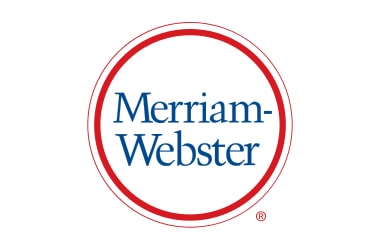
FLOTUS, face-palm, net neutrality along with terms from recent advances in science - such as CRISPR - are among over 1,000 new words added to the Merriam-Webster Dictionary.
This is for the first time since 2014.
The new entries include borrowings from foreign languages as well as words from tech, medicine, pop culture, sports.
In some cases, terms have been observed for years and are finally being added; in others, the fast rise and broad acceptance of a term has made for a quicker journey.
‘Seussian’ relating to or suggestive of the works of Dr Seuss is now in the online dictionary, along with ‘conlang’ - an invented language like Klingon - and ‘prosopagnosia.'
New tech terms such as net neutrality, abandonware, and botnet have also been included in the list of new words.
The word ghost now has a new meaning - to abruptly cut off all contact with someone, such as a former romantic partner, by no longer accepting or responding to phone calls, instant messages.
Supercentenarian, EpiPen and urgent care are among the words added from the field of medicines.
New words from the ever-expanding vocabulary of cooking and food include arancini, EVOO and macaron, as well as sharp tools of the kitchen santoku and chef’s knife.
Political terms include ‘town hall’ and ‘truther’ as well as ‘SCOTUS’ and ‘FLOTUS’.
All of these words have been observed, collected, and researched, with many examples in context used to write definitions that explain both basic meanings and specific usage.
About Merriam-Webster- In 1831, George and Charles Merriam founded the company as G & C Merriam Co. in Springfield, Massachusetts.
- In 1843, after Noah Webster died, the company bought the rights to An American Dictionary of the English Language from Webster’s estate.
- The company adopted its current name in 1982.